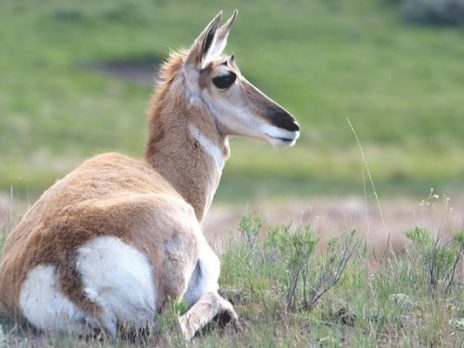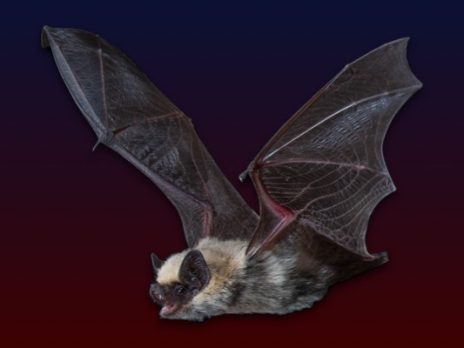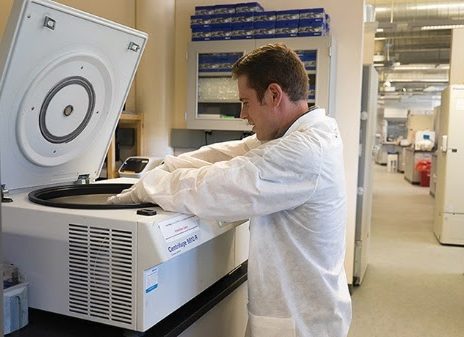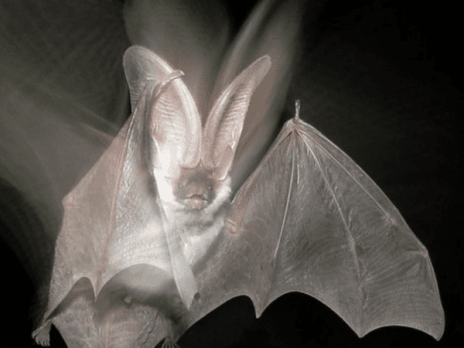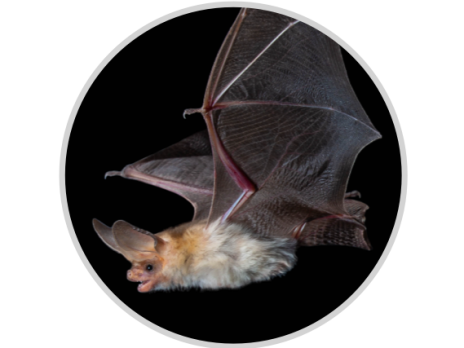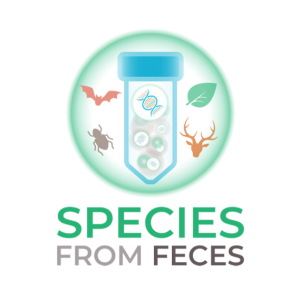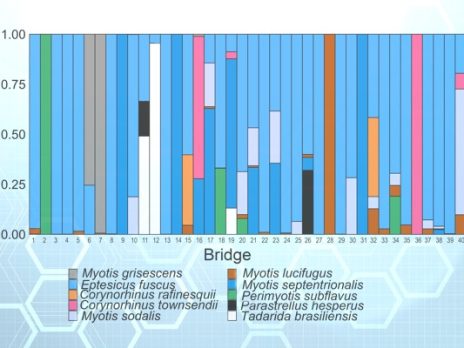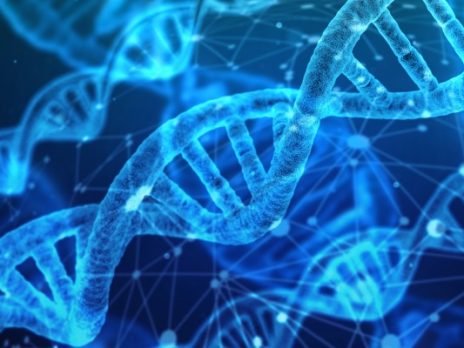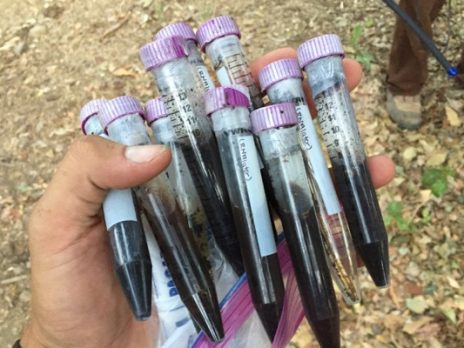Overview
- DNA metabarcoding
- eDNA assays
- Consultation
- Interpretation of results
- >500 completed projects for agencies, consultants, universities, and NGO’s
- Broad taxonomic scope
- >12 SFF peer-reviewed publications
Questions?
Find our Social Media
Who we serve
We use the newest genetic technologies to assist wildlife managers and researchers.
S p e c i e s f r o m F e c e s
Genetic ID Services
Species from Feces offers a wide range of species identification services to further wildlife research, management, and conservation globally. We develop environmental DNA assays and deploy DNA metabarcoding and qPCR to answer diverse questions.
We work with any taxon
While the bulk of our research genetically identifies bats, we can identify any species and its diet. From bridge maintenance to wind energy to important roosts, we have helped wildlife managers and researchers get the data they need to make ecologically sound decisions for their projects.
Click below to find out more information about our genetic ID services.
Bat Species from Feces Accordion Closed
We developed a robust genetic assay to identify bat species from their feces (Walker et al. 2016, 2019), which has been applied globally for a suite of applications for bat conservation and management. We use a collection of guano to identify bat community composition within roosts such as bridges, caves, mines, and buildings. Please see our searchable database to determine the utility of the assay for your species of interest.
Bat carcass ID for wind farms- We commonly identify bat species from tissue harvested from carcasses.
Diet Species from Feces Accordion Closed
We genetically identify diet of any species. Projects to date have included herbivores, carnivores, insectivores, and sanguivores. We regularly identify diet items to the genus or species level. Our ability to identify taxa to finer levels depends on the match between the DNA in the feces and the barcode data available. If needed, we can generate DNA barcodes for potential diet items as part of the project.
Pathogen Species from Feces Accordion Closed
We identify a variety of bacterial, fungal and viral pathogens from feces.
Examples include rabies virus and Pd (white-nose syndrome).
Genetics is the answer
Whatever your needs, contact our team to see if we can use the latest genetic technology to get answers for your wildlife project.
Walker Lab Testing
Species From Feces provides taxonomy from trace DNA to managing wildlife responsibly.







